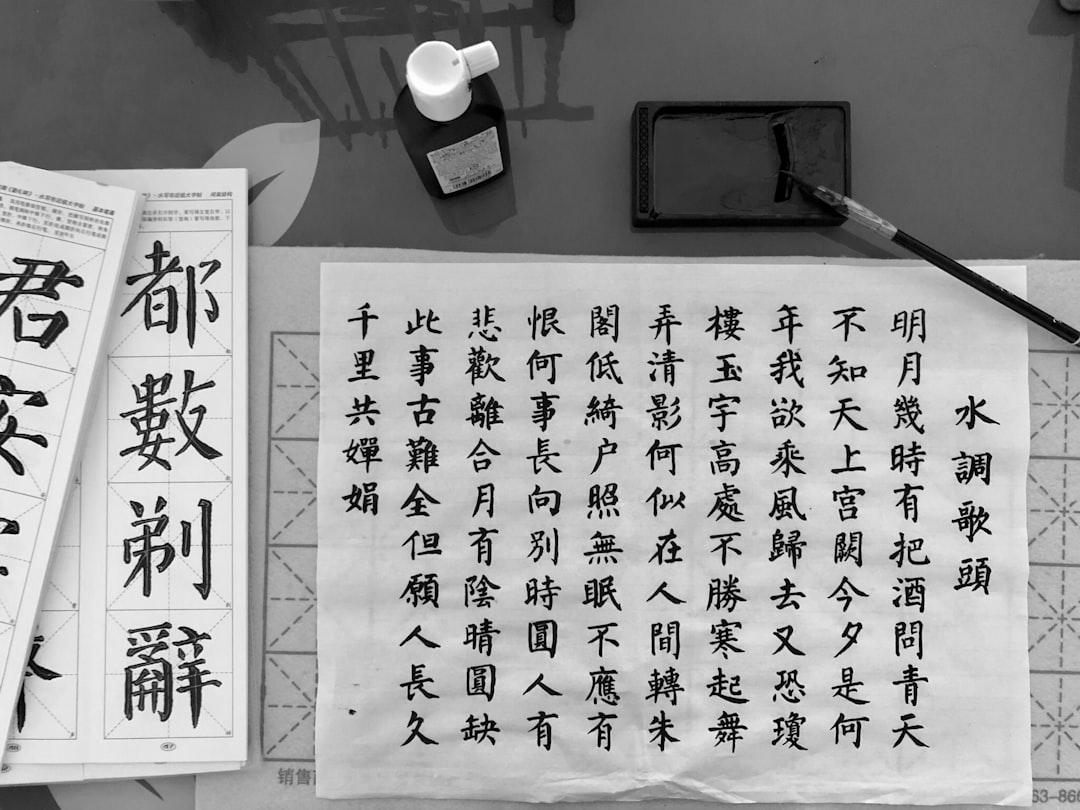What is it about?
This article deals with the lexicography of Anglo-Indian English; specifically it examines both past and contemporary work in the style of dictionary known as the ‘dictionary on historical principles’. The goal of the present study was to gauge the need for greater lexicographical research into Anglo-Indian English by conducting a focussed lexicographical study and comparing the results against both "Hobson-Jobson" and the "OED". The results, now published as dictionary entries in the online version of "Green’s Dictionary of Slang", add greatly to our knowledge of Anglo-Indian English and reveal a need for continued dictionary work to improve upon the coverage provided by previous lexicography.
Featured Image
Why is it important?
Indian English is today one of the most widespread and abundantly used varieties of English, in extensive use not only throughout South Asia but in virtually every corner of the globe. Yet, there has been little movement in the field of lexicography, so that Indian English has no up-to-date dictionaries to speak of (with the exception of Carls 2017). Moreover, the dictionaries of Indian English that do exist are of limited scope and quality. The present research used modern lexicographical resources and techniques to re-examine the Anglo-Indian slang lexis recorded in the only two dictionaries on historical principles that had until now treated Indian English, "Hobson-Jobson" (1903) and the "OED". Starting from a list of 83 slang items, the study ended up conducting research on 131 lexical items, the bulk of which are now published in "Green’s Dictionary of Slang" available online. The research has substantially increased the overall citational evidence for terms and in doing so has added to the available information about the longevity of terms, specifically, antedating 48 earliest attestations and postdating 43 terms beyond 1903. It has also recorded 15 new senses for words that "Hobson-Jobson" had treated and uncovered 38 terms that had not previously been recorded in any dictionary on historical principles. Thus, now, in terms of Anglo-Indian slang, "Green’s Dictionary of Slang" supersedes both "Hobson-Jobson" and the "OED" as the most up-to-date and comprehensive dictionary on historical principles. The research also uncovered new information regarding two long-standing and widely accepted conjectured etymologies, namely for the slang terms "bobbery" and "cheese", in light of which the purported Anglo-Indian origin of these terms should almost certainly be abandoned. Finally, in regards to Görlach’s contention that many words in "Hobson-Jobson" were only dubiously English, the research has shown that for slang at least this does not appear to be the case, but due to limited access to Anglo-Indian sources, at present it is safest to say that more research is needed.
Perspectives
Certainly more work needs to be done to bring the lexicography of Indian English (including the Anglo-Indian English of the colonial era) into the twenty-first century and to create dictionaries on historical principles to match those that exist for other major varieties of English.
Dr James Lambert
National Institute of Education
Read the Original
This page is a summary of: Anglo-Indian slang in dictionaries on historical principles, World Englishes, January 2018, Wiley,
DOI: 10.1111/weng.12291.
You can read the full text:
Resources
Contributors
The following have contributed to this page










